Fieldwork
This listing expired on November 1, 2020. Please contact info@ifrglobal.org for any updated information.
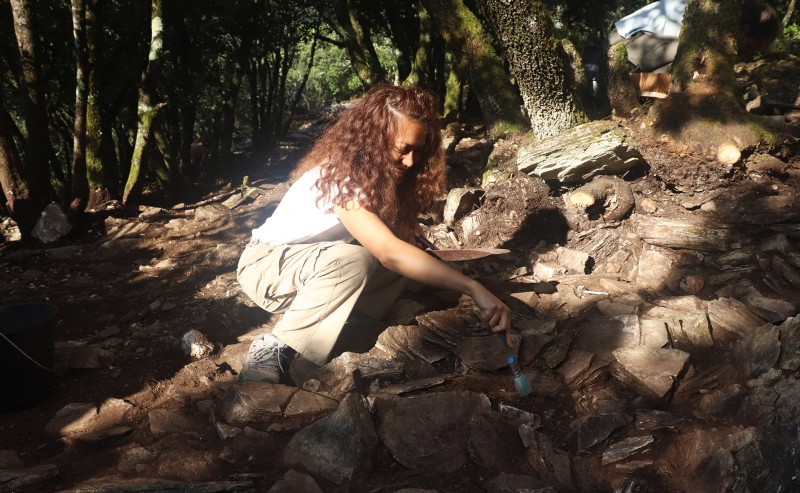
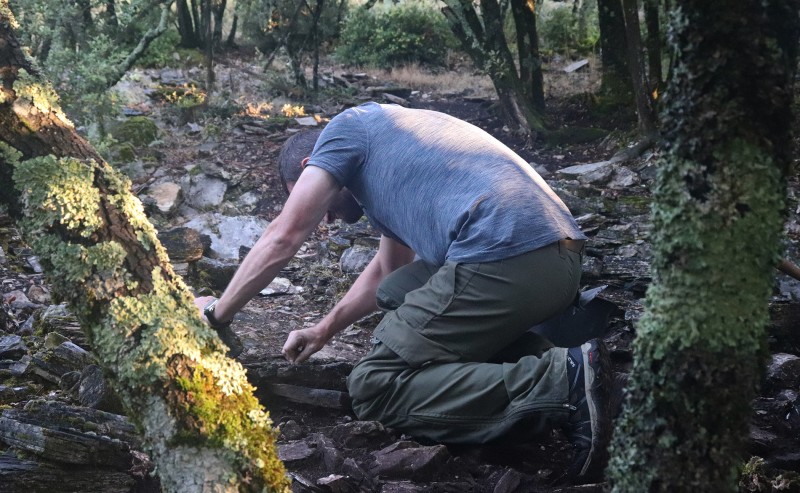

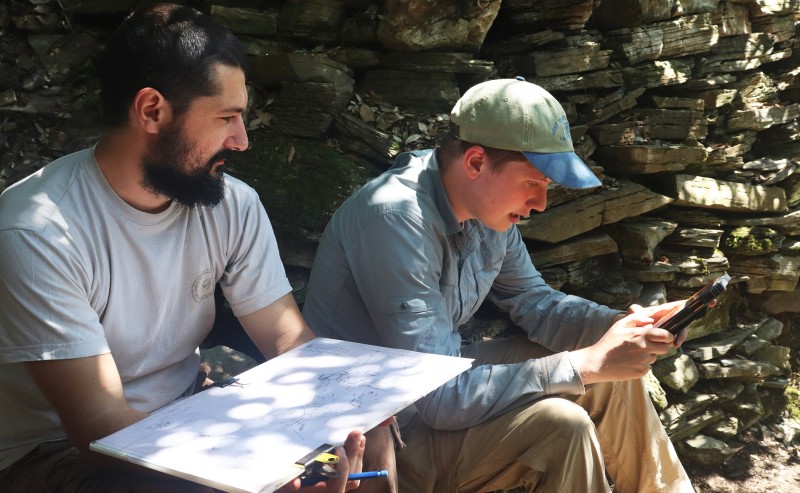
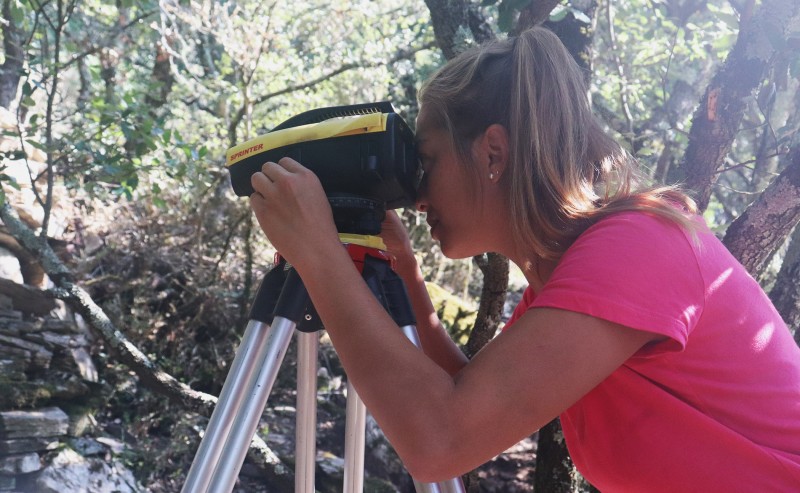

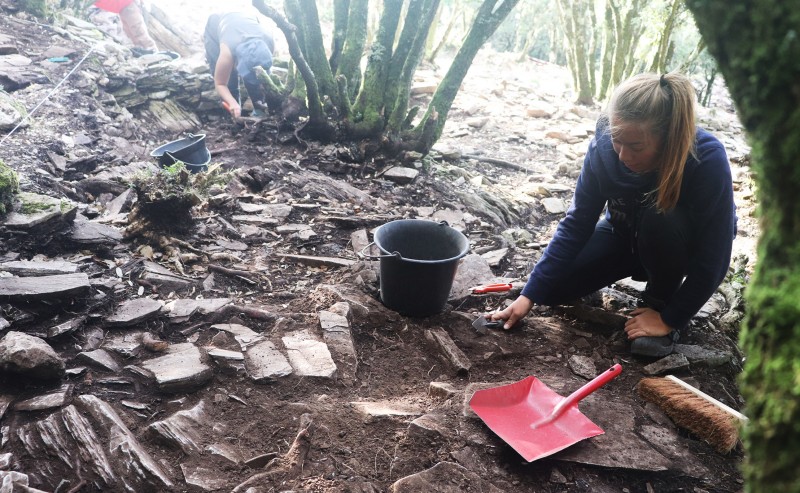
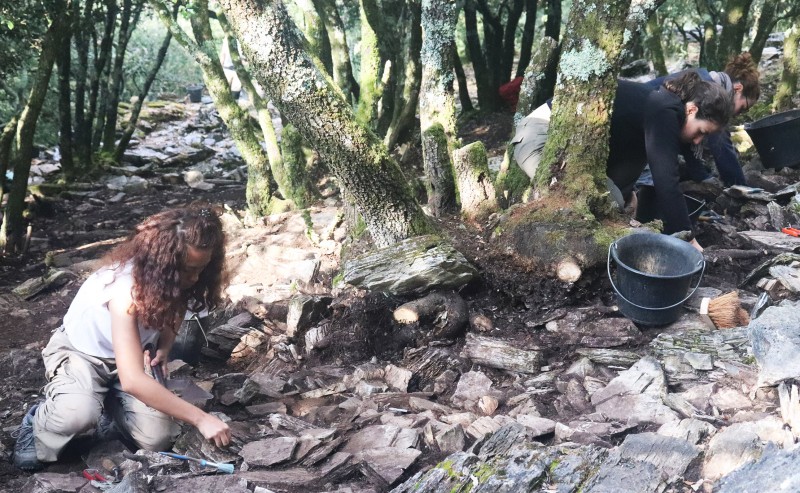
Location: Montagne Noire, FR
Season: June 14, 2020 to July 11, 2020
Application Deadline: April 3, 2020
Deadline Type: Rolling
Website: http://ifrglobal.org/program/france-malvieu/
Program Type:
Field School
RPA Certified:
No
Affiliation:
Institute for Field Research, Connecticut College, University Bordeaux Montaigne
Project Director:
Dr. Alexis Gorgues
Project Description:
The site of Malvieu – located deep in the heart of the Montagne Noire (Black Mountains) – was built on the upper part of a limestone hill with commanding views of the Salesses Valley. Malvieu is an oppida – a hillfort – constructed from mud-brick and stone houses, with streets and a fortified stone rampart. The traditional view is that oppidas appear in Southern France as a response to the founding of the Greek colonies and the subsequent increase in seaborne trade in the northwestern Mediterranean Sea during the Early Iron Age. Archaeologists argued that native population developed increasingly productive economies and to protect new found wealth, they construct enclosed, defensible settlements on hilltops. Beginning in 2001, results from excavations at Malvieu have largely challenged this hypothesis. The occupation site was initially occupied, and fortification built during the Late Bronze Age (ca. 1000 BCE) significantly earlier than thought and certainly before Greek colonies or seaborne trade made an impact in the area. The Malvieu project offers a unique and exciting opportunity to critically evaluate existing paradigms and follow the evolution an ancient community, from its beginning to its demise. In a broader perspective, evidence from Malviue suggest that significant political, cultural and economic activity took place in Southern France before the arrival of outside forces. If true, this evidence deeply challenges the notion that the end of the Late Bronze and beginning of the Iron Age should be viewed as a regional Dark Ages.
The 2020 season will continue work on the upper sections of the site as well as excavations around the southern gate of Malvieu. Our goal is to generate new data about space and space-use in the context of a long-term perspective. The 2020 campaign will therefore represent a significant step forward in our understanding of the social dynamics operating during the Early Iron Age in the area and potentially a template to better understand and provide more granular interpretation of social, economic and political changes impacting many regions of the Mediterranean area in southern France.
Period(s) of Occupation: Bronze Age
Project Size: 1-24 participants
Minimum Age: 18
Experience Required: No prior experience is required to participate in this field school.
Room and Board Arrangements:
Housing will be provided in Saint-Pons-de-Thomières, a charming town of southern France, in the valley of the Jaur, in a small structure called the Campotel du Jaur. Students will be housed in small but comfortable apartments of 4 beds, each one with its own kitchen and bathroom. Apartments will be shared between the US and French students. Most of the meals will be prepared by the students themselves. In the evening, the dinner will be a communal event with the entire team while lunch will be taken separately in each apartment (to provide time for a possible nap). Shopping for ingredients will be done by the staff for the whole team. In such conditions, some accommodation can be made for vegetarians, but at the risk of monotony in the diet (rice, noodles, etc.). Specialized diets such as vegan, kosher, and gluten free will be difficult to accommodate.
Academic Credit:
8 Semester Credits credits offered by Connecticut College. Tuition is $4,330.
Institute for Field Reasearch
299 Overland Ave. Suite 103
Los Angeles
CA
90064
USA
Phone: 424-209-1173
The AIA is North America's largest and oldest nonprofit organization dedicated to archaeology. The Institute advances awareness, education, fieldwork, preservation, publication, and research of archaeological sites and cultural heritage throughout the world. Your contribution makes a difference.